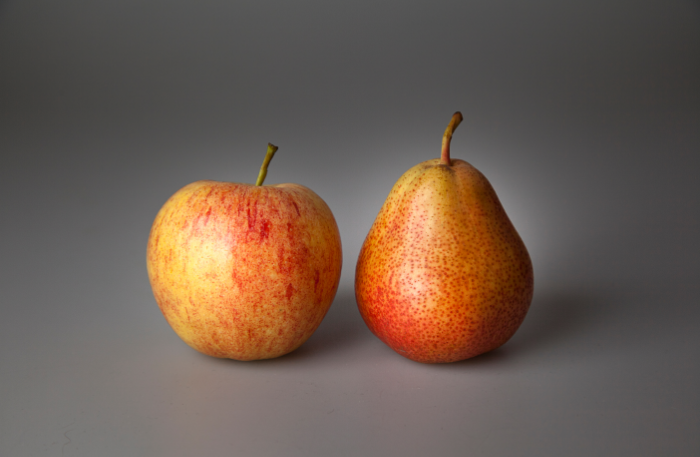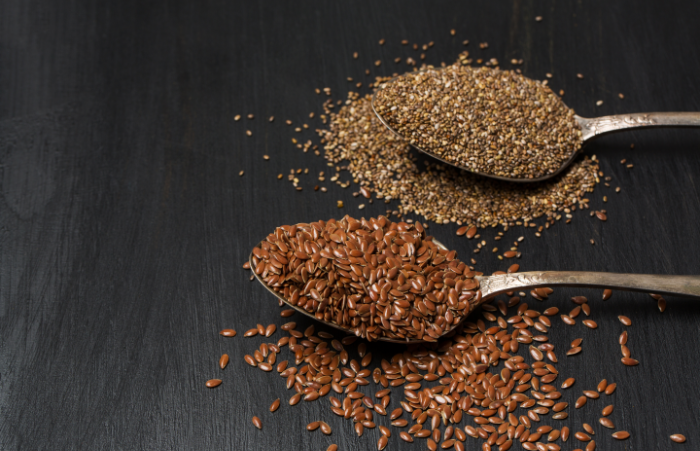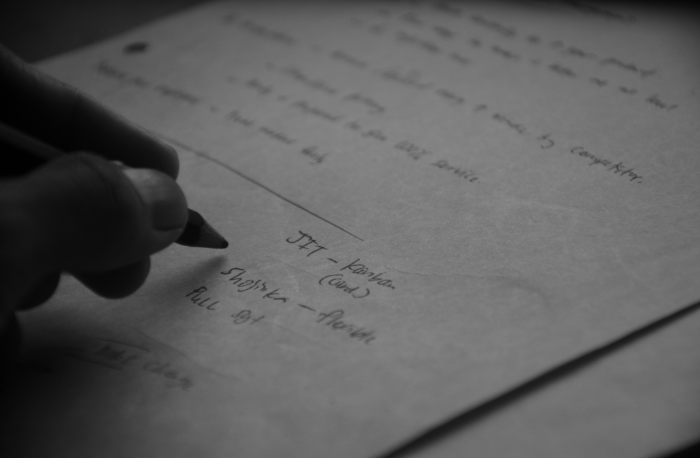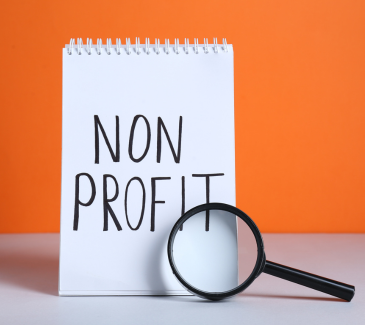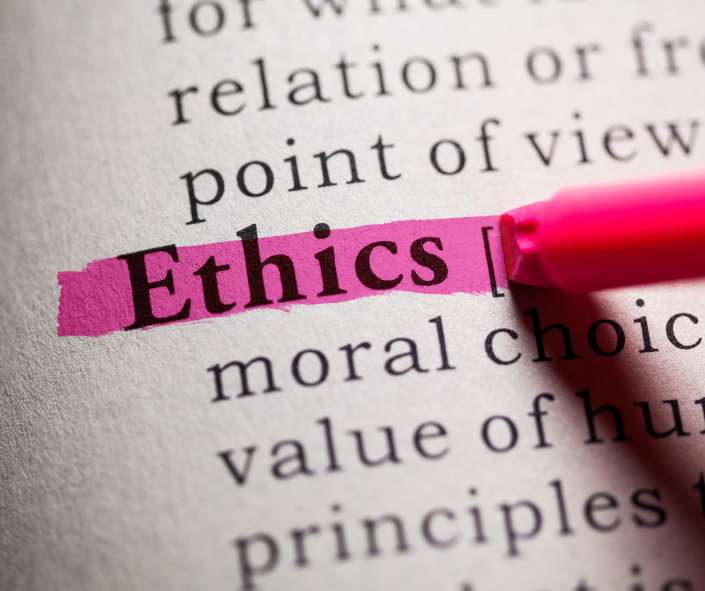Vernon Howard once wrote:
“It is not your duty to make another person happy, nor is it in your power to do so.
It is not another person’s duty to make you happy, nor is it in his power to do so.”
At first glance, this principle may sound cold or even selfish. After all, aren’t we supposed to care about others, lift people, and contribute to their joy? But if we look closely, Howard isn’t telling us to be indifferent—he’s pointing to a liberating truth about responsibility, boundaries, and the very nature of happiness.
Why Happiness Cannot Be Outsourced
Too often, we slip into the trap of believing happiness is something others should hand us: a partner’s constant affirmation, a friend’s approval, a boss’s recognition. Or we think it is our task to “fix” someone else’s mood, smooth over their frustrations, or keep them perpetually content.
But happiness is not a package to be delivered. It is an inner condition. At best, we can inspire, encourage, or share joy with others, but we cannot manufacture it for them. And no one else can build it for us.
The truth is uncomfortable because it removes our excuses. If happiness lies within, we can no longer point to another’s shortcomings, moods, or behavior as the reason for our emptiness.
The Burden of Trying to Make Others Happy
Consider how exhausting it is to walk on eggshells, constantly adjusting your words and actions to avoid upsetting others. Or how heavy it becomes when you continuously try to “cheer someone up,” as though their emotional state is yours to repair.
This kind of burden is unsustainable. And worse, it robs both people of freedom. When we take responsibility for someone else’s happiness, we subtly deny them the dignity of owning their own life.
Instead of connection, we create dependency. Instead of respect, we create control.
What Responsibility Really Looks Like
Howard’s principle doesn’t mean we become careless or indifferent. Quite the opposite. Once we stop pretending we can deliver happiness on a silver platter, we are free to show up in healthier ways:
- We can offer kindness—but without the illusion that it guarantees someone else’s joy.
- We can express love—but without demanding it be received a certain way.
- We can share our lives—but without handing over the keys to our emotional well-being.
In this light, responsibility shifts. My responsibility is to live honestly, to align my life with values that bring me peace and meaning. Your responsibility is the same. When we each carry our own happiness, we meet one another not out of neediness, but out of abundance.
A Healthier Freedom
Imagine a world where people released themselves from the impossible task of manufacturing happiness for others. Relationships would breathe again. Parents would stop crushing their children under the weight of expectations. Partners would stop blaming one another for every dip in mood. Friends would encourage one another without trying to be permanent mood managers.
Howard’s principle frees us from a cycle of guilt and frustration. It reminds us that happiness is a personal project, not a group assignment.
Closing Thought
When we stop trying to make others happy—or expecting them to do it for us—we discover a deeper kind of love: one that supports without controlling, one that uplifts without obligation, one that respects the sacred boundary between self and other.
Happiness, in the end, is not a gift to be given. It is a flame we each must tend within ourselves.


